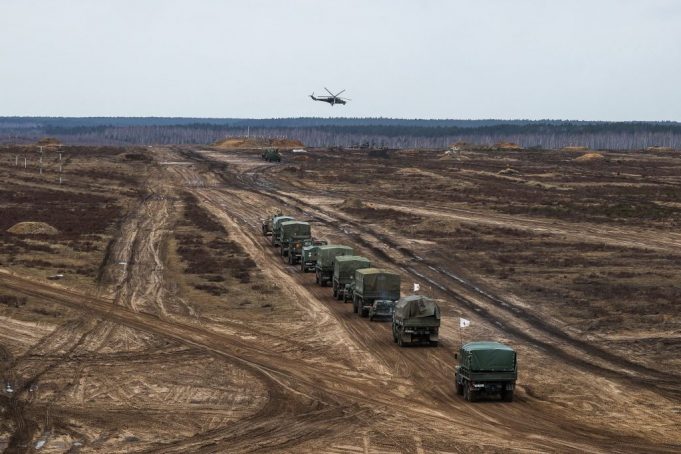ROME: U.N. food agency warned that Poorer countries in northern Africa, Asia, and the Middle East risk suffering significant food insecurity because of Russia’s war in Ukraine. The conflict is poised to drive up already soaring food prices in much of the world.
Ukraine and Russia, account for one-third of global grain exports. With the conflict’s intensity “the likely disruptions to agricultural activities of these two major exporters of staple commodities could seriously escalate food insecurity globally. When international food and input prices are already high and vulnerable,” said Qu Dongyu, director-general of the Rome-based Food and Agriculture Organization.
The U.N. agency, known as FAO, also noted that Russia is the lead producer of fertilizer, and a key fertilizer component — urea — has jumped more than threefold in price in the last 12 months. The United States, Argentina, and other wheat-producing nations are likely to limit exports as governments seek to ensure domestic supply, he said.
Adding to the pressure, countries that depend on Russian and Ukrainian wheat are likely to increase imports. Egypt, Turkey, Bangladesh, and Iran buy 60% of their wheat from Russia and Ukraine. Also heavily reliant are Lebanon, Tunisia, Yemen, Libya, and Pakistan.
In Libya, where civil war has ground on for years, the latest price increases for food staples have people worried.
The U.N. agency said its simulations suggest that “the global number of undernourished people could increase by 8 to 13 million” in 2022-2023. Particularly in Asia, sub-Saharan Africa, the Middle East, and North Africa.
With shortfalls in grain and sunflower seed exports by Ukraine and Russia, “worryingly, the resulting global supply gap could push up international food and feed prices by 8 to 22% above their already elevated levels,” the FAO’s report warned.
The COVID-19 pandemic already had a major impact on global food security. Last year, global prices of wheat and barley rose 31%, and rapeseed and sunflower oil prices jumped by more than 60%. Wheat prices have surged more than 50% since a week before the invasion.















